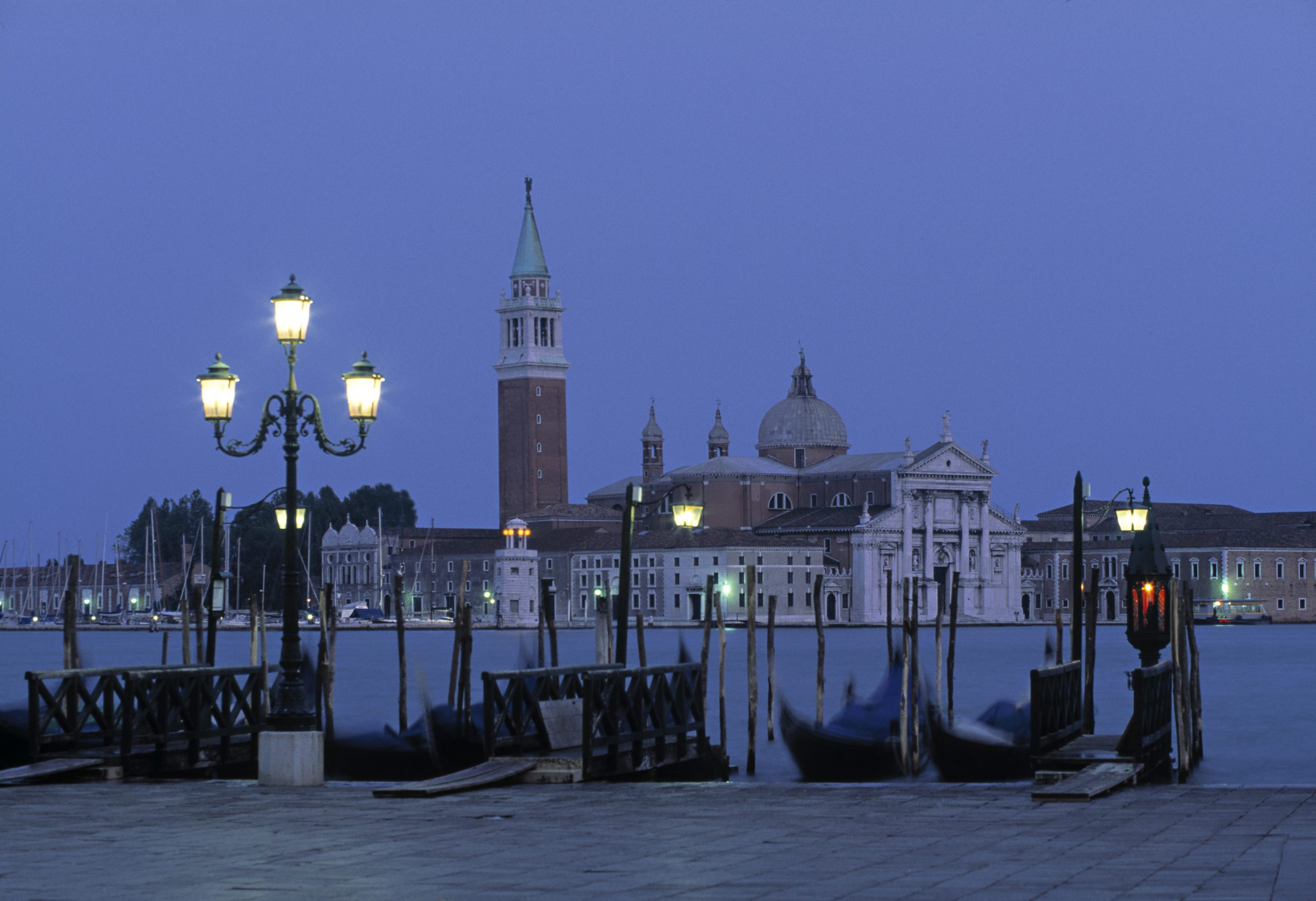The Romance of Possibility

I am walking down a cobbled alley in Venice. The stones are irregular under my feet, and the buildings on either side are so close that I can touch both of them with my outstretched hands. The street is dark and dank; at an opening far ahead I see the yellow glimmer of a streetlamp caught in a spectral fog. Time seems to stuff my nostrils and seep into my bones, to tower, crumbling, over me. My footsteps echo in the still night. For a moment—wild, suspended—I feel torn out of this century. My heart pounds in my ears. I have no idea what awaits, who I will meet, around the corner.
This moment, from a trip to Venice a few springs ago, captures the part of travel I find most addictive: the romance of possibility.
At the start of every year I teach a graduate school-style workshop in travel writing. The students range widely in age and experience, but they are invariably bright and impassioned. And every year, above the discussions of structural strategies and stylistic techniques, this romance hangs, unnamed but palpable, in the classroom air. Teaching them, I see the world anew through their eyes, and am transported back in time….
I have just arrived in Paris fresh from college; my mind is a grand hotel full of empty rooms, my heart is a revolving door.
I meet a beguiling blonde from Provence—a friend of the family I am staying with—and I see the southern sun in her hair and the Mediterranean glint in her eyes; her limbs move like the waves and her perfume is lavender and thyme. “I long to settle in her fields,” I write in my journal, “to sail her wind-swept sea.”
And what am I for her? I am an intriguing accoutrement at parties; I can quote Baudelaire and Rimbaud, tell jokes with an accent that is funnier than the jokes themselves. I want to learn everything from her, but after weeks of unconsummated appointments, I realize that I am just a jeune américain who is easy to twist and tempt, a momentary divertissement. One day, she brusquely returns to Provence—I hear it from a friend—and my heart is broken. I grow suddenly wise in the ways of the world. Next time, I vow, I will be more careful.
A week later I am in a museum studying a sculpture of a reclining woman twisting in voluptuous repose. This stone is much more sensual than the undergraduates I have known, and I study it from every angle, longing to touch it, willing it to fleshy life under my fingers. After some time a young woman appears at my shoulder, so close that if a sudden breeze were to blow I could sway into her sweater, could brush her hand and say, “Excusez-moi, mademoiselle, je suis désolé,” and she would know that I was an American and—who knows? The romance of possibility.
Finally I summon the breath to do what nature cannot: I ask if she is from Paris. No, she says, with a slight smile, she is from Strasbourg. I do not know Strasbourg, but in my mind I see snow-capped peaks and flowing fields of wildflowers; high mountain air tingles my lungs. We talk about the sculpture—how it seems to live, contorting in passion, ecstasy frozen in stone—and finally I ask if she will have dinner with me. She says she is with her boyfriend but will try to meet me for coffee later. Where am I staying?
I return to my Parisian home full of hope and ardor and await her call. And Provence? Provence is a misty memory; ah, to walk the hills of Strasbourg! Gradually, the hotel in my mind is beginning to fill.
Over the years, that hotel adds annexes and cottages; a grand honeymoon suite is built and before long a couple of nurseries, too. The romance of possibility shifts from people to places, but the spirit never wanes. For me, each new place becomes a potential Provence or Strasbourg.
Decades pass, then one February afternoon I am leafing nostalgic through curling journals when I stop with a start at these tattered, wine-stained lines: “I arrive and wonder: What possibilities does this place hold? What perfumes, what softness of skin and glint of eye, what laugh, what shimmer, what rise of breast and quiver of thigh?”
I think of my students, of my travels—of encounters past and to come. Perhaps I should wince and blush to find these wide-eyed words, but in fact, I read them and sigh.
What would the world be without romance, I think, if only in the traveler’s eye?

